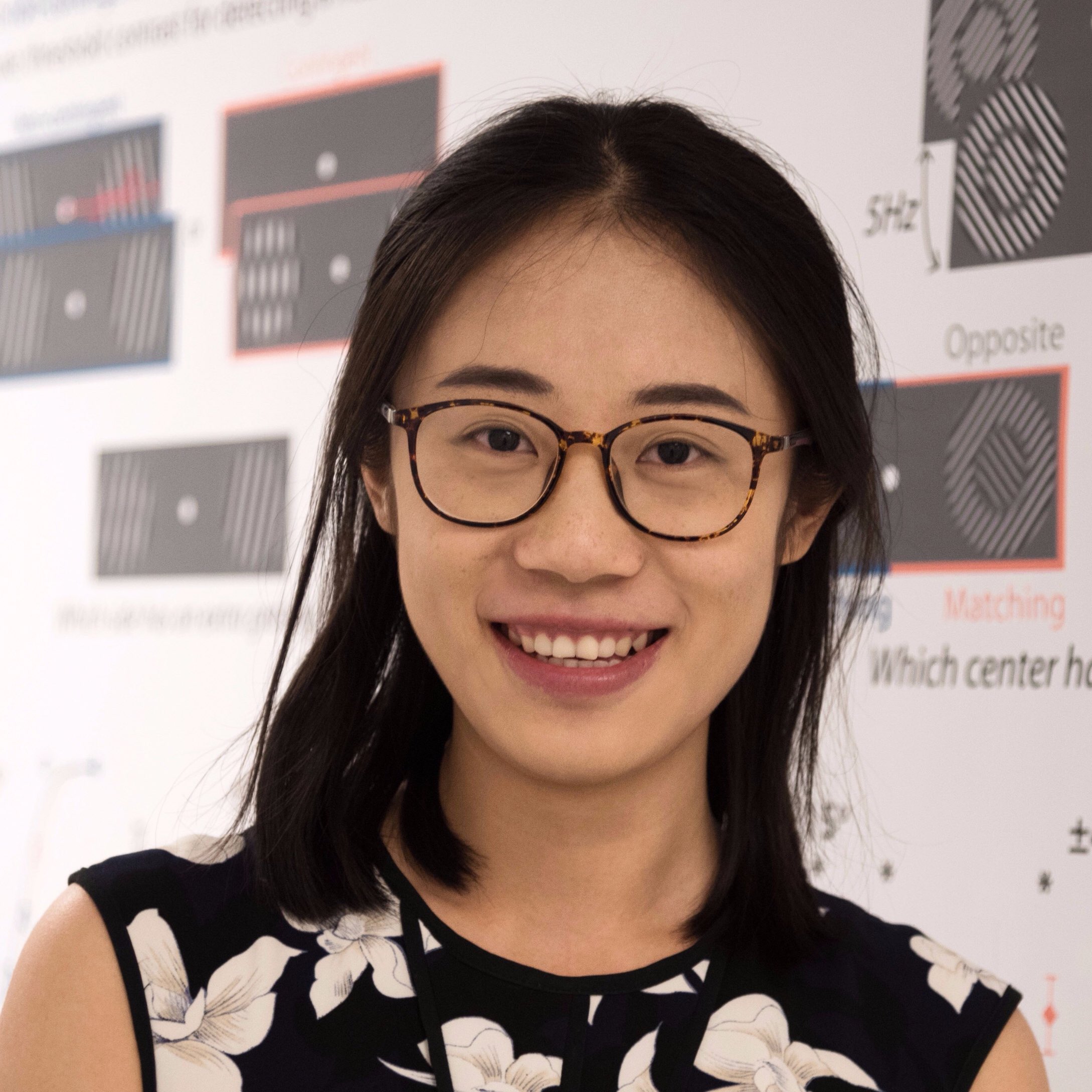Asking the question of why,
as a scientist, as a person, and as a child in mind;
to reflect, to learn, and to build the future bright;
with passion, with curiosity, and with determination in every stride.
My research dives into the implicit and explicit “whys” we ask in everyday life. Particularly, I’m interested in the mechanisms, functions, and cognitive consequences of early queries in life.
Currently, my research focus on young children and adults’ causal reasoning and social learning. Below are some key projects I’m working on in my PhD.
Children’s representation of coincidence
Keywords: coincidence, causal reasoning, explanation, belief revision
Ever shared a birthday with a colleague or bumped into an old buddy in the most unexpected place? Coincidences like these intrigue us, and make us wonder, “Why did it happen?”
In this project, we seek to understand how adults and children represent coincidences. We’re particularly interested in the role of available explanations and the number of co-occurrences in shaping judgments. Results suggested that representations of coincidences are available early in life, yet it still undergo some developmental changes during the early school-age years.
Check out our poster from CDS 2022 here.
Learning consequences after observing violations in the social domain
Keywords: surprise-induced learning, social learning, violation of expectations
Imagine being in a gathering and someone’s unusual clothing catches your attention. Do you want to know more about this person, or do you rather avoid this potential weirdo?
As children navigate the complicated social world, they’re confronted with many situations like this. When observing violations of social expectations, will their learning be enhanced or hindered?
In a series of experiments, we aim to explore the learning consequences of seeing violations of expectations in the social domain. In our experiments, infants (15-19 months old) saw a person committed a violation of psychological expectations (consistency of goals, efficient action, appropriate emotion), and then were taught about the person who committed the violation or information about the object involved in the violation. Data so far suggested that infants do learn more about the object that involved in the violation, yet the learning of agents shows a more complicated picture.
Early reasoning about agents’ task performance
Keywords: ability, performance, constraints, reasoning
Imagine you’re waiting for a blood test and you have two nurses to choose from - one seems utterly focused, and the other is distracted by her text messages. Which nurse would you pick to draw your blood?
As social being, we are highly sensitive to others’ abilities, weighing various factors that impact people’s performance. Do children also exhibit this sensitivity to others’ abilities? If so, how sophisticated is their reasoning?
In this project, I explored children’s evaluations of others’ competence and performance, especially how external constraints might affect performance. The general method is ask children to predict people’s performance under different circumstance, such as being having blocked vision or being distracted by a phone call. So far the data suggested that 4-year-olds can make correct inference about people’s performance in a force-choice task. Notably, even 20-month-olds hold the expectation that being distracted by a phone call will impede others’ performance.
Optimal violation for surprise-induced learning
Keywords: violation of expectation, surprise-induced learning, explanation
Imagine a ball passing through a box; it’s surprising, but you may quickly rationalize the unexpected with a reasonable explanation (for instance, a hidden trap door in the box). Now picture that same ball floating in midair after emerging from the box; it becomes more puzzling, doesn’t it? If the ball defies even more laws of physics, would you dismiss it as pure magic?
Surprise, and its subsequent cognitive consequence, is likely to be graded in nature, and is tightly linked with our efforts to comprehend the unexpected. In this project, I manipulated the number of violations participants see, and investigate the resulting change of surprise, learning, and explanation-seeking behaviors. As a first step, we tested adults’ surprise and learning after observing violations of core physical principles. Preliminary results suggested that adults do have graded surprise response, and stronger surprise is linked to difficulty generating satisfying explanations.
